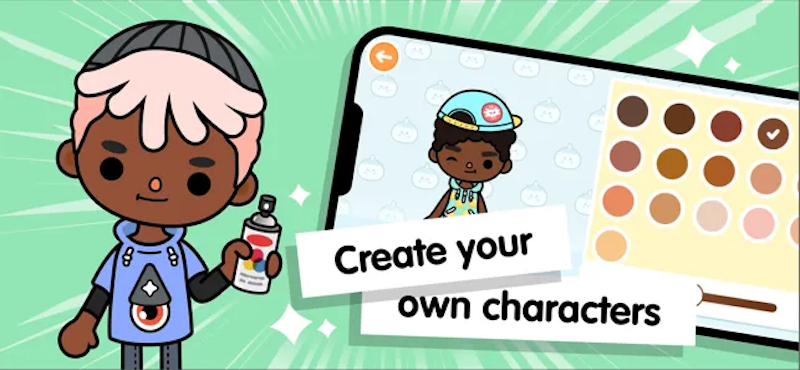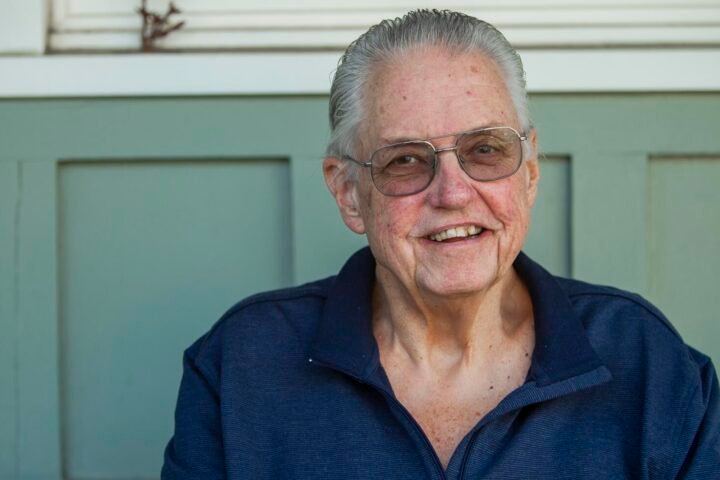In the realm of digital play, few names resonate as profoundly with both children and parents as Toca Boca. However, the emergence of Jojoy, a third-party app platform known for offering modified or “modified” versions of popular games, including those from Toca Boca, has sparked a new conversation about digital creativity, safety, and the evolving landscape of children’s play. This article delves deep into the phenomenon of Jojoy Toca Boca, examining its impact on digital play, creativity, and the broader implications for developers and families alike.
The Genesis of Toca Boca’s Digital Playground
Toca Boca, a subsidiary of the Swedish education technology company Bonnier, has carved a unique niche in the digital play space. Known for its vibrant, imaginative, and interactive apps designed for children, Toca Boca aims to foster creativity, exploration, and open-ended play. Unlike traditional games, Toca Boca’s apps eschew competitive elements, levels, and high scores, focusing instead on the joy of exploration and creation.
Jojoy’s Entrance: A New Twist on Familiar Play
Enter Jojoy, a platform that has gained notoriety for offering modded versions of popular apps and games, including those from Toca Boca. These versions often unlock features that are typically behind paywalls or add new functionalities not available in the official releases. The allure of Jojoy Toca Boca lies in its promise of an enhanced or unrestricted play experience, tempting both parents seeking to save on in-app purchases and children eager for more from their favorite digital playgrounds.
Navigating the Waters of Digital Creativity
Jojoy Toca Boca presents an intriguing case study in digital creativity. On one hand, it exemplifies the demand for more flexible, open-ended play experiences that deviate from the original developers’ intentions. On the other hand, it raises questions about copyright, safety, and the ethical considerations of using modified apps. The modifications introduced by Jojoy can enable a level of creativity and exploration that exceeds the boundaries set by the original games, potentially leading to a richer play experience. However, this unauthorized alteration of content also muddies the waters of intellectual property rights and poses risks regarding data privacy and security.
Safety and Ethical Considerations
The proliferation of platforms like Jojoy and the popularity of Jojoy Toca Boca mods underscore the importance of digital safety and ethics. Parents and educators are increasingly challenged to navigate the delicate balance between encouraging digital creativity and ensuring the safety and privacy of young users. The unauthorized nature of modded apps raises legitimate concerns over data security, inappropriate content, and the potential for malicious software. These risks necessitate a dialogue among stakeholders about the responsible use of digital resources and the importance of supporting legitimate channels of content creation and distribution.
The Future of Digital Play: Opportunities and Challenges
The phenomenon of Jojoy Toca Boca highlights the evolving landscape of digital play and the shifting boundaries between creators, users, and platforms. It opens up discussions on how developers can innovate to meet users’ desires for more engaging and unrestricted play experiences while maintaining the integrity and security of their products. Furthermore, it emphasizes the need for ongoing education around digital literacy for both children and adults, ensuring they can make informed choices about the digital content they engage with.
As digital play continues to evolve, the industry faces the dual challenge of fostering creativity and exploration while safeguarding against the risks associated with unauthorized modifications and content. The dialogue sparked by Jojoy Toca Boca serves as a critical reminder of the complex interplay between innovation, safety, and ethics in the digital age.
Conclusion
The emergence of Jojoy Toca Boca as a point of interest among users and critics alike serves as a testament to the changing dynamics of digital play. It underscores a growing demand for more open, creative, and unrestricted play experiences among young users, while also highlighting the critical importance of safety, ethics, and respect for intellectual property. As we move forward, the conversation around platforms like Jojoy and their impact on established entities like Toca Boca will undoubtedly continue, shaping the future of digital play in ways that must balance innovation with responsibility. In this ever-evolving landscape, the ultimate goal remains clear: to enrich the lives of children through play, ensuring that their digital adventures are both safe and boundlessly creative.





